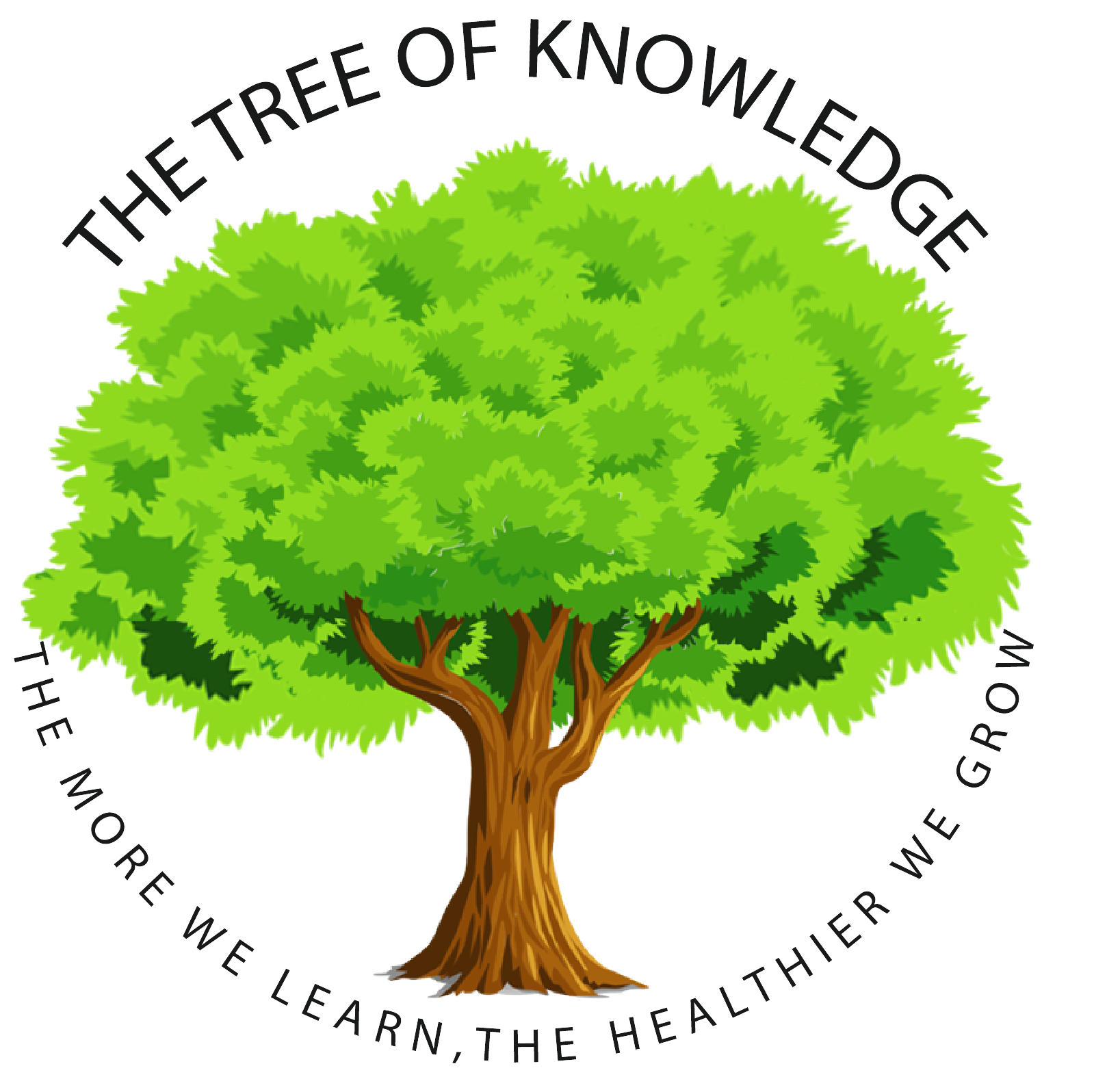As kids become teenagers, they can lose interest in physical activities and most parents are concerned about the drastic changes. But at this age, kids are juggling with a lot of activities at school, at home, and with friends as well as the rare and occasional part-time jobs. As such, physical activity may be mistaken for a nuisance and a distraction to their schedules. However, the impact of support, motivation, and physical activity in their lives cannot be ignored. Through regular monitoring and indulgence in physically demanding tasks, parents can bring back the fun in working out. Regular exercising is instrumental in helping your teen improve their focus and attention, enhancing a desirable physical outlook, becoming healthier, and being more energetic.
Kids who are physically active maintain healthy weight, which is essential in preventing medical conditions later in life, such as childhood obesity and other chronic diseases (sleep apnea, type 2 diabetes, and cancer). As a parent, it is crucial that you enable a healthy lifestyle for your teenager. This includes involving your child in sports and games, a healthy diet, regular medical check-ups, and constant reminders about the effects of unhealthy living. It is also essential that parents consider exercises fitting their kids’ personality, interests, abilities, and age. Most teens are ecstatic about daily exercises; provided that parents ensure that they are involved in activities that they find interesting and comfortable.
Motivating Teens
A parent needs to give their teen control and choice over what kind of physical exercise they take part in. Teens like making their own decisions; so allowing them to make a choice is crucial to helping them exercise. Therefore, the parent’s emphasis must not be on simply working-out, it should be on ‘fun, regular physical activities’. Once your kid starts enjoying the exercises, they will eventually get attached to the routine. Ultimately, your teenage kid will end up exercising on a daily basis without being pushed to do something that they do not enjoy.
Peers play influential roles in your teen’s life as well, making it paramount for parents to create opportunities for their children to engage in physical activities with their peers. A parent can help their kid remain physically active through finding suitable plans for working-out that best suit their preferences. Most teens love and feel comfortable doing exercise videos at home – an essential thing for parents to consider- but you must monitor how they do it to ensure that their exercises are not only moderate but also safe. If you want to ensure that your child gets the most out of their daily exercises, you should make a schedule and include other activities that are not physically demanding so that your teen can be able to spend time on other hobbies such as video gaming, movies, art, etc
Exercising at Home
Whenever the topic of fitness comes up, most parents are inclined to organized sports. Although there are several benefits of signing your kid up for organized sports, these sports are not fully responsible for a rounded, healthy, and fulfilling lifestyle. The recommended physical exercises for kids between 13 to 18 years suggest that a kid should get at least one hour or more of moderate to strong exercising in a day. As such, parents cannot entirely rely on the school’s physical programs to provide adequate physical activities for their children. Parents must therefore make exercises a part of their daily routine at home and lead by example so that they can keep their kids from neglecting the importance of a fun, healthy, and regular fitness routine.
Home work-outs include household chores, walks, runs, skipping rope, and other tasks that are informal, home-based, casual, and all-inclusive (for everyone in the family). As long as the physical exercises are safe and fun, parents can customize and tailor them to fit their kids’ preferences, and make the time spent special – with bonding included.
On the other side of the spectrum, it is worth noting that not all teens are interested in traditional sports. A parent with such a kid needs to find alternative ways to make the child active. For instance, if your kid doesn’t love soccer or other competitive sports, it is essential that you encourage them to explore other exercising options such as bicycling, rock climbing, hiking, surfing or skateboarding to name a few.
Regular physical activities are essential for developing kids. The physical and emotional benefits they experience after taking on daily physical activities enhance academic performance and promote numerous health benefits.
By helping your teenager get into regular physical activities, you become a reliable work-out partner and a positive role model who monitors and participates in the exercises. Establishing a routine that involves physical activities helps you and your teen reach healthier and more fulfilling fitness goals, and helps you create a more intimate connection.



